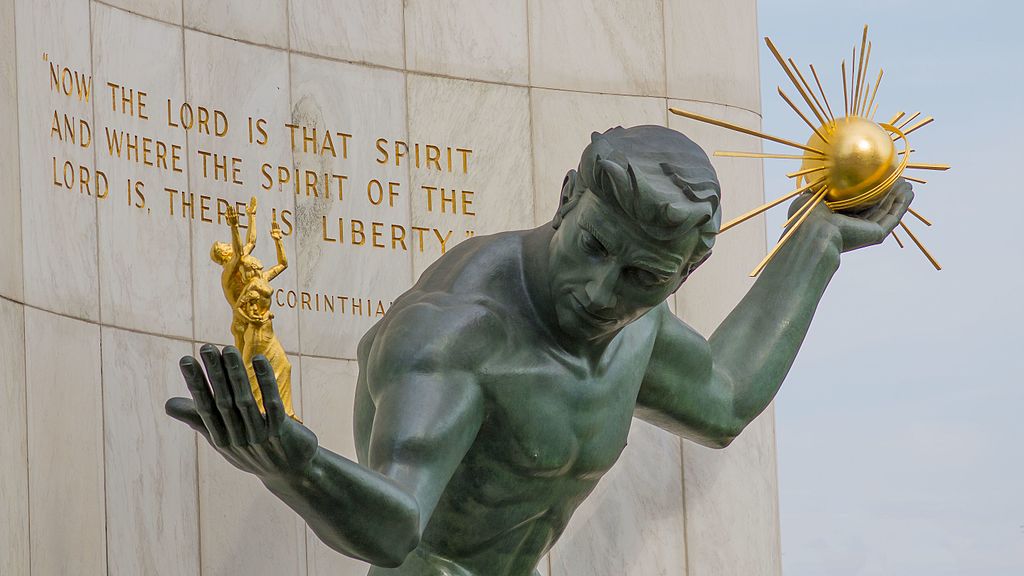Historical Foundations and Cultural Impact
The growth of Islam in the United States has been greatly aided by African American Muslims. Enslaved Africans brought Islam to North America, where it was practiced under appalling conditions by many. Records reveal that people like Omar ibn Said and Yarrow Mamout upheld Islamic customs like daily prayers and almsgiving, even as enslavement erased African Muslim identities.
African American Muslims have carried on this tradition of tenacity and leadership into the present era. In search of a religion that upholds the principles of justice, dignity, and spiritual discipline, many Black Americans have turned to Islam. According to Pew Research, approximately 20% of all Muslims in the United States are Black, and approximately 50% of them have converted. High levels of daily practice and community involvement demonstrate the strong religious commitment of African American Muslims.
Political Leadership and Civic Engagement
One of the most significant African American Muslim leaders in American history is still Malcolm X. His strong support of justice, global solidarity, and Black dignity contributed to redefining Islam in the American public consciousness as a tool for empowerment rather than just a religion. His latter adoption of internationalism and Sunni Islam contributed to a broader awareness of Islam outside of the United States.
African American Muslims have gained significant prominence in politics and public life in the last several decades. A precedent for Muslim political representation was established in 2006 when Keith Ellison was elected as the first Muslim to serve in the U.S. Congress. Black Muslim leaders have also been active in the fields of immigration, police reform, and civil rights.
Black Muslims play an important role in both Muslim and American civic life through organizations like the Black Muslim Leadership Council and different community mosques that work for racial justice, economic parity, and religious freedom.
Greater Effects and Legacy
Through activism, education, music, and literature, African American Muslims have had a significant impact on American culture. Being a racial and religious minority, they are in a unique position to address some of the most important societal issues facing America. Because of their ongoing leadership, Islam in the United States is guaranteed to represent the history, diversity, and complexity of the nation.
AMEENs commitment to african american community
The crucial role that African American Muslims play in influencing the larger Muslim community and furthering social justice is becoming more widely acknowledged by Muslim political advocacy groups in the US. To address systemic injustices and increase the visibility of African American Muslim communities in public discourse, organizations like the Black Muslim Leadership Council and other national Muslim advocacy networks engage closely with these communities.
Through a variety of programs, such as voter participation, leadership development, public policy advocacy, and coalition building with civil rights and interfaith organizations,AMEEN is dedicated to assisting African American Muslims. By advocating for causes like economic justice, religious freedom protection, and criminal justice reform that disproportionately impact Black communities, they make sure that the concerns of African American Muslims continue to be at the forefront of the national Muslim political agenda.
Muslim advocacy organizations like AMEEN support the leadership of Black Muslims who carry on the heritage of leaders like Malcolm X and help amplify grassroots activities by collaborating closely with African American mosques, community centers, and activists. This partnership emphasizes the significance of racial justice as a fundamental Islamic and civic value while also bolstering the political voice of American Muslims in general.

